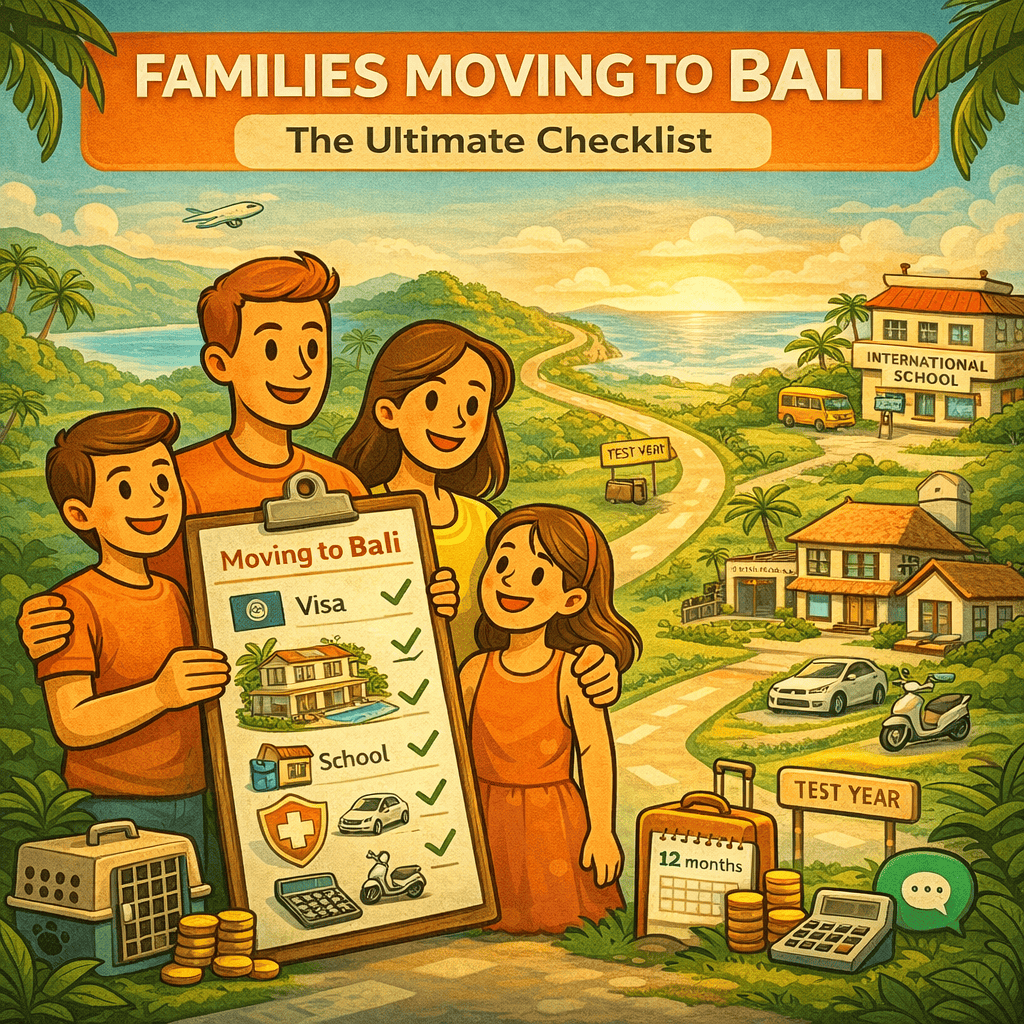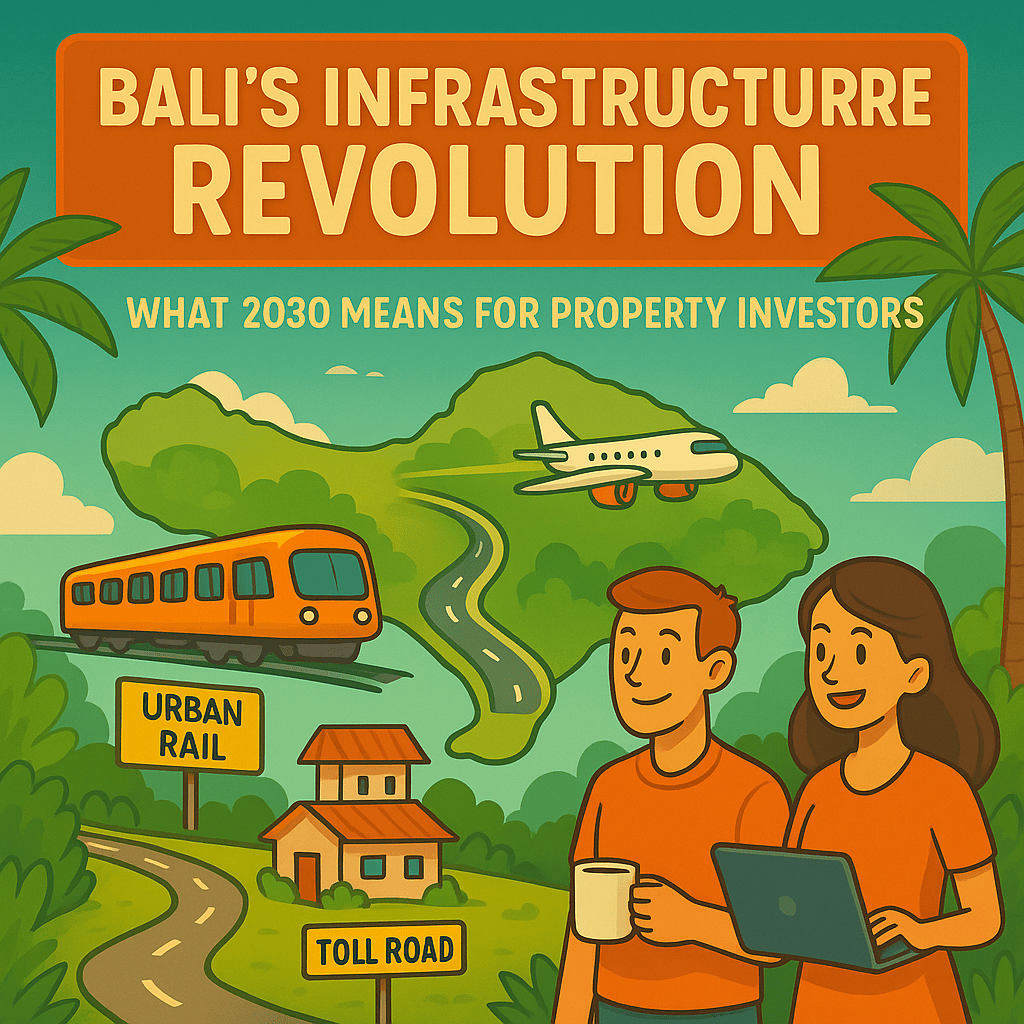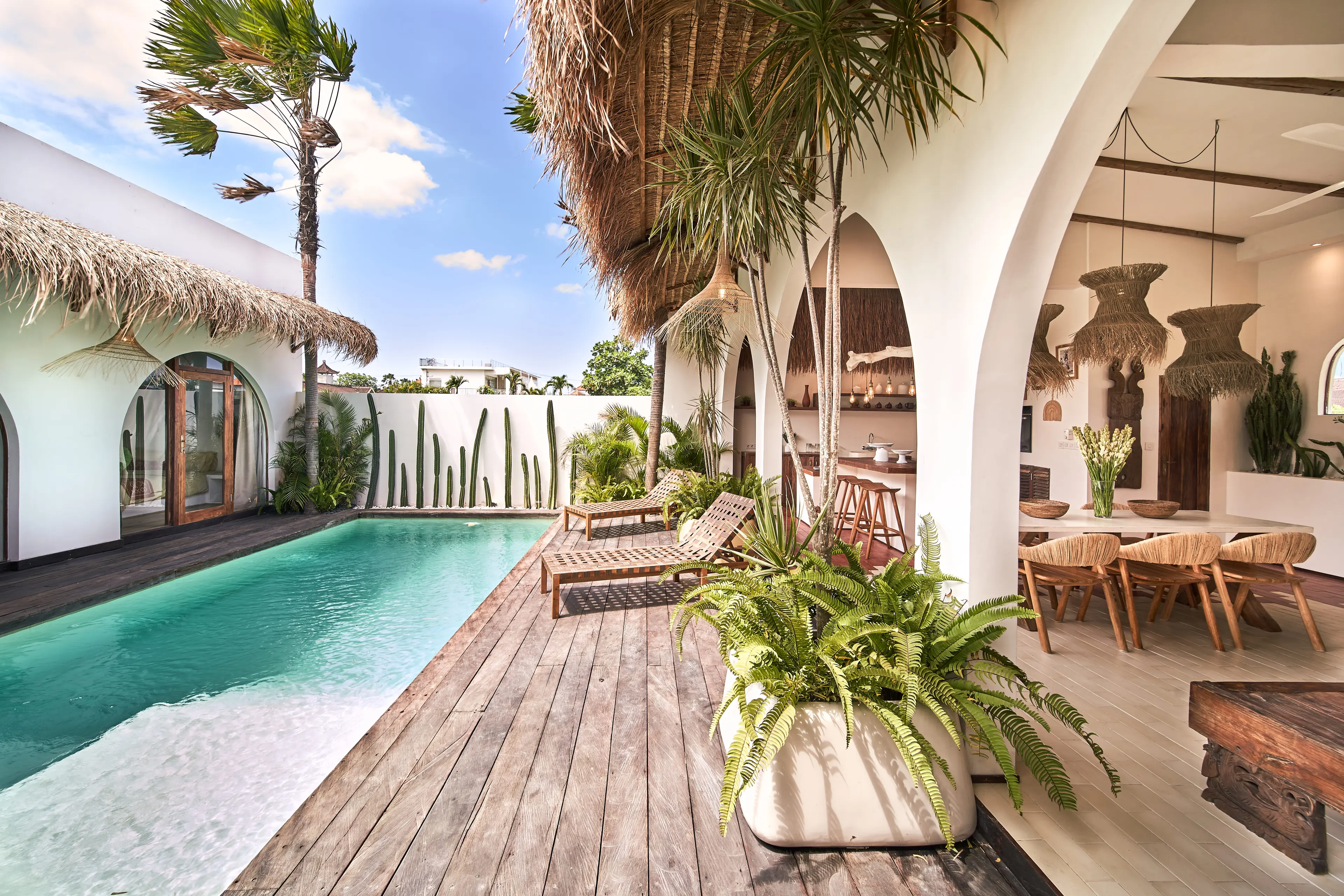As Bali's property market experiences increased competition—with supply now outpacing demand and sales cycles stretching longer (check out our latest market analysis on Bali)—some investors are turning their attention eastward to Lombok, touting it as "the next Bali."
At Tipi Estate, we've conducted extensive research into both markets, and our verdict is clear: Lombok is NOT going to be the next Bali.
While this might sound controversial, our deep dive into both islands reveals important distinctions that every serious investor should understand before committing capital to Indonesian real estate. Let's explore what makes each island unique and where your investment dollars are best placed.
Lombok: Untapped Potential with Beautiful Beaches
There's no denying that Lombok has compelling attributes that make it worth considering for certain investment strategies.
What We Like About Lombok's Investment Landscape

Pristine, World-Class Beaches
Lombok's coastline is genuinely stunning—arguably superior to Bali's in terms of natural beauty and pristine conditions. Just minutes from Kuta Lombok, you'll discover untouched beaches with crystal-clear waters and soft white sand that rival any tropical paradise.
Open Roads and Minimal Traffic
Coming from Bali's congested streets, driving on Lombok's wide, empty roads feels like a breath of fresh air. The lack of traffic congestion not only improves quality of life but also enhances the island's laid-back, authentic island atmosphere that many investors and tourists crave.
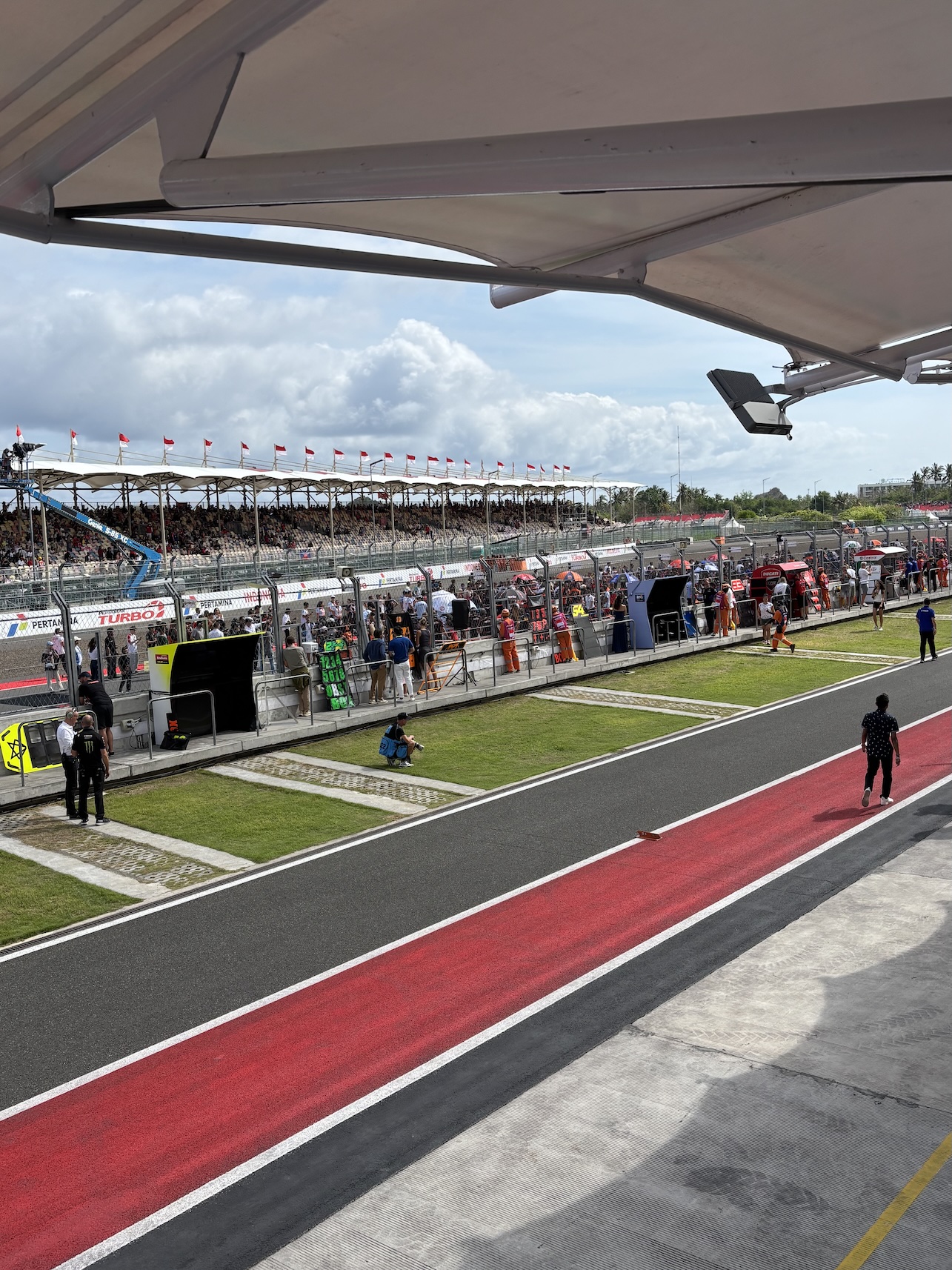
The Mandalika Circuit: A Major Attraction
Every year, motorsport enthusiasts from Indonesia and around the world flock to Lombok for the Mandalika MotoGP, the island's biggest international event. This world-class racing circuit puts Lombok on the global map and demonstrates the government's commitment to infrastructure development. While there have been discussions about attracting Formula 1 racing to the circuit, no official announcements have been made yet.
Emerging Resort Development
Multiple international resort brands are planning openings along the beaches surrounding Kuta Lombok. This signals growing confidence in the destination's tourism potential. However, the villa market remains relatively underdeveloped, which could represent either an opportunity or a risk depending on your investment timeline.
Attractive Land Prices and Freehold Opportunities
One of Lombok's most compelling advantages is significantly lower land prices compared to Bali, combined with the availability of freehold property ownership for foreigners in certain areas. For investors willing to take a long-term view, this creates genuine opportunities to acquire assets at ground-floor prices.
Growing Surfing Reputation
Lombok has emerged as a sought-after destination for surfers seeking uncrowded breaks. Areas like Gerupuk and Desert Point are gaining international recognition, attracting a dedicated community of wave riders who value authenticity over commercialization.
Government Investment in Infrastructure
Beyond the Mandalika Circuit, the Indonesian government has invested in improving roads, utilities, and tourism facilities across Lombok. This commitment to development provides a foundation for potential growth, though the pace and ultimate success remain uncertain.
Bali: The Irreplaceable Island of the Gods
While Lombok has its merits, Bali possesses unique characteristics that simply cannot be replicated—and these differences matter enormously for investment returns.
Why Bali Will Remain Bali
Five Decades of Global Brand Recognition
Bali has shone as a world-renowned tourism destination for over 50 years, attracting families, honeymooners, and more recently, digital nomads from every corner of the globe. Let's be honest: most international travelers have never heard of Lombok, or have only become aware of it recently. Even those who do know about Lombok typically visit Bali first, perhaps considering Lombok as a secondary day trip or extension.
This brand recognition took decades to build and represents an irreplaceable competitive advantage. Lombok will remain in Bali's shadow for the foreseeable future—this isn't pessimism, it's market reality.
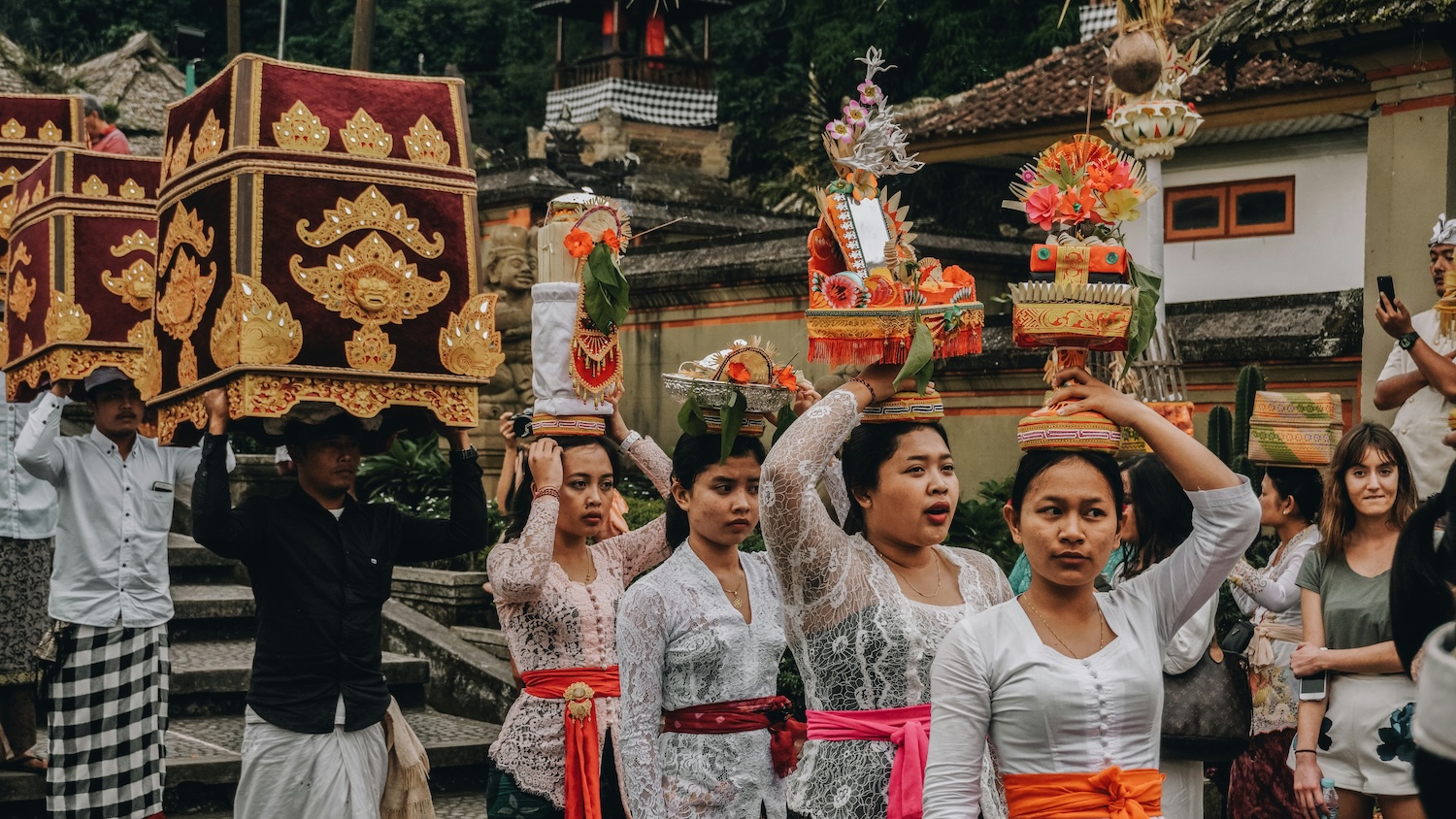
A Living, Breathing Culture
What truly made Bali a special destination isn't just its beaches or landscapes—it's the island's deeply rooted Hindu culture. The omnipresent temples, daily ceremonies, colorful offerings, traditional dance performances, and the warmth of the Balinese people create an atmosphere that captivates visitors on an emotional level.
Lombok, while beautiful, lacks this cultural depth. Beyond the call to prayer from local mosques, the cultural experience is far less immersive. We're not comparing religions here—we're simply observing that Bali's unique cultural tapestry cannot and will not be replicated elsewhere. Culture is what transforms a beach destination into a destination people fall in love with.
The New North Bali Airport: A Game-Changer
Bali's planned second international airport in North Bali represents a transformative development for the island. This project aims to distribute tourism more evenly across the island, opening up the relatively undeveloped northern regions to new investment opportunities. Areas like Lovina, Pemuteran, and Amed could see significant appreciation as accessibility improves.
For investors, this means Bali isn't stagnant—it's evolving and expanding, with government-backed infrastructure creating new pockets of opportunity.
Unmatched Amenities and International Services
From international schools and world-class hospitals to coworking spaces, fine dining, shopping, and entertainment—Bali offers amenities that support both short-term visitors and long-term residents. These services are essential for attracting the expat families and digital nomads who drive long-term rental demand.
A Living, Breathing Community—Not Just a Tourist Destination
Yes, Bali attracts millions of tourists annually, but what truly sets it apart is that it's become a place where people live, not just visit. Countless digital nomads have established their base here, families have relocated for the lifestyle and international schooling options, and expats have made Bali their long-term home.
This transforms Bali from a seasonal tourism destination into a constantly evolving, year-round community. The island is alive with permanent residents who need housing, services, and amenities—creating a fundamentally more stable and diversified rental market.
As an investor, this diversity is your safety net. You can tap into multiple revenue streams: short-term vacation rentals during peak tourist season, monthly rentals for digital nomads, and long-term leases for expat families. If the tourism market softens—as we saw during the pandemic—you can pivot to long-term rentals without missing a beat.
In Lombok, this resilience simply doesn't exist yet. The market is overwhelmingly dependent on short-term tourism, which is seasonal and vulnerable to external shocks. Without an established community of long-term residents, your options during downturns are severely limited. The diversification that protects your investment in Bali is largely absent in Lombok.
The Investment Verdict: Strategic Timing Matters
So, should you invest in Lombok or Bali? The answer depends entirely on your investment profile, timeline, and risk tolerance.
Lombok may suit you if:
- You're willing to accept higher risk for potentially higher long-term returns
- You're interested in ground-floor land banking opportunities.
- You have the capital to develop properties yourself rather than relying on existing inventory
- You're comfortable with limited liquidity and longer exit timelines.
Bali remains the better choice if:
- You want proven rental demand and established property management.
- You're seeking more predictable returns and easier exit strategies.
- You value cultural richness and international amenities.
- You prefer investing in a mature market with decades of track record.
The Bottom Line: Lombok is growing, and for the right investor with the right project and patience, it can represent an interesting long-term opportunity. However, Bali remains the destination where families, tourists, and digital nomads arrive by the thousands—and those numbers continue rising.
While Bali's market has become more competitive, this competition reflects proven demand, not declining appeal. As savvy investors know, some competition in a market is actually healthy—it indicates real, sustainable demand rather than speculative hype.
Making the Right Choice for Your Portfolio
The question isn't whether Lombok has potential—it does. The question is whether that potential aligns with your investment goals, timeline, and risk tolerance.
At Tipi Estate, we believe in providing honest, data-driven guidance rather than chasing trends. Both islands offer opportunities, but they represent fundamentally different investment propositions. Understanding these differences is crucial to making decisions you'll be satisfied with for years to come.
Ready to Invest in Bali Real Estate?
At Tipi Estate, we're dedicated to helping you make informed decisions in Bali's dynamic real estate market. Whether you're interested in investing in established areas, exploring emerging opportunities in North Bali, or even considering Lombok for long-term land banking, our team offers the local expertise and market insights you need.
We specialize in luxury villas, prime land opportunities, and investment properties that deliver real returns—not just promises. With our deep understanding of Bali's property regulations, leasehold vs. freehold structures, and rental market dynamics, we guide you through every step of your investment journey.





